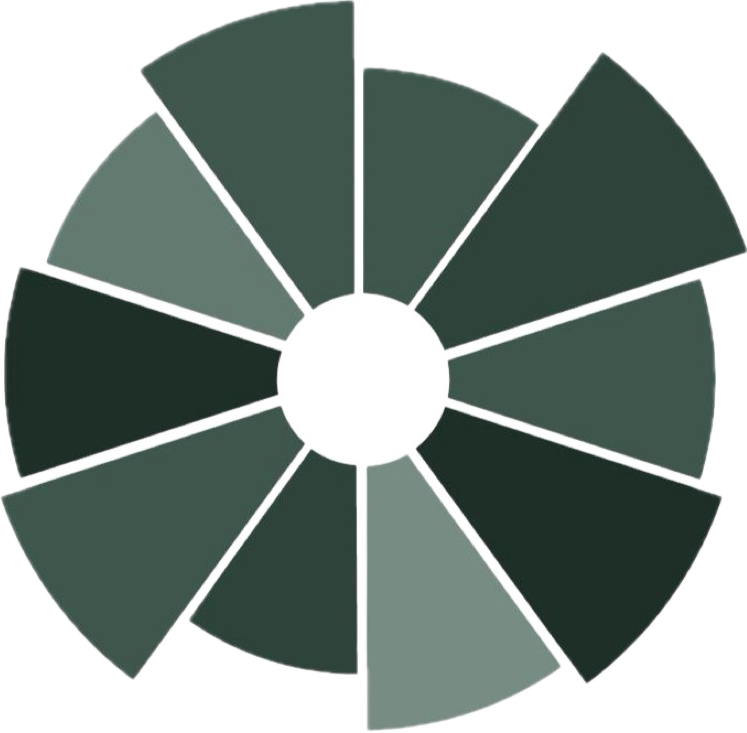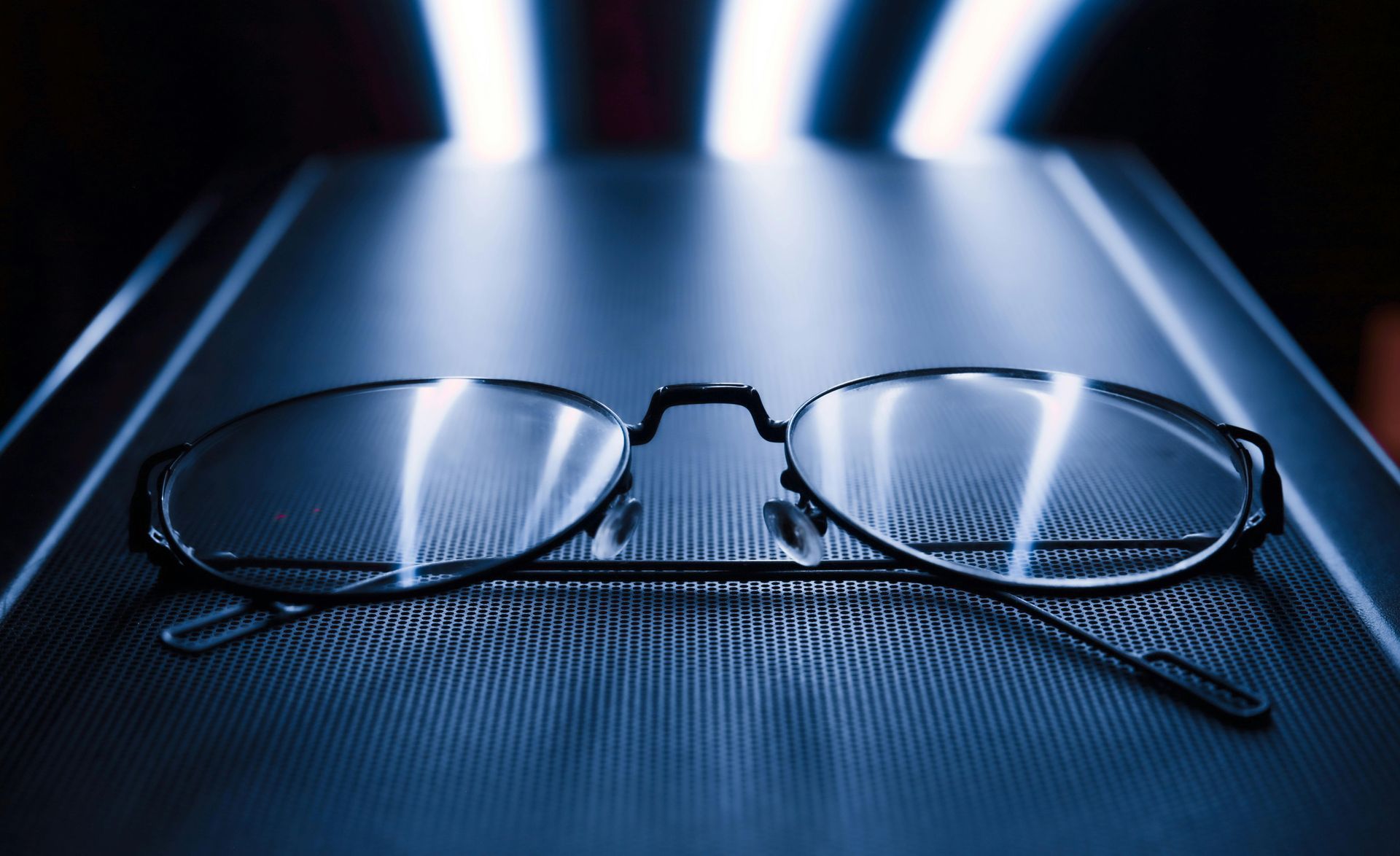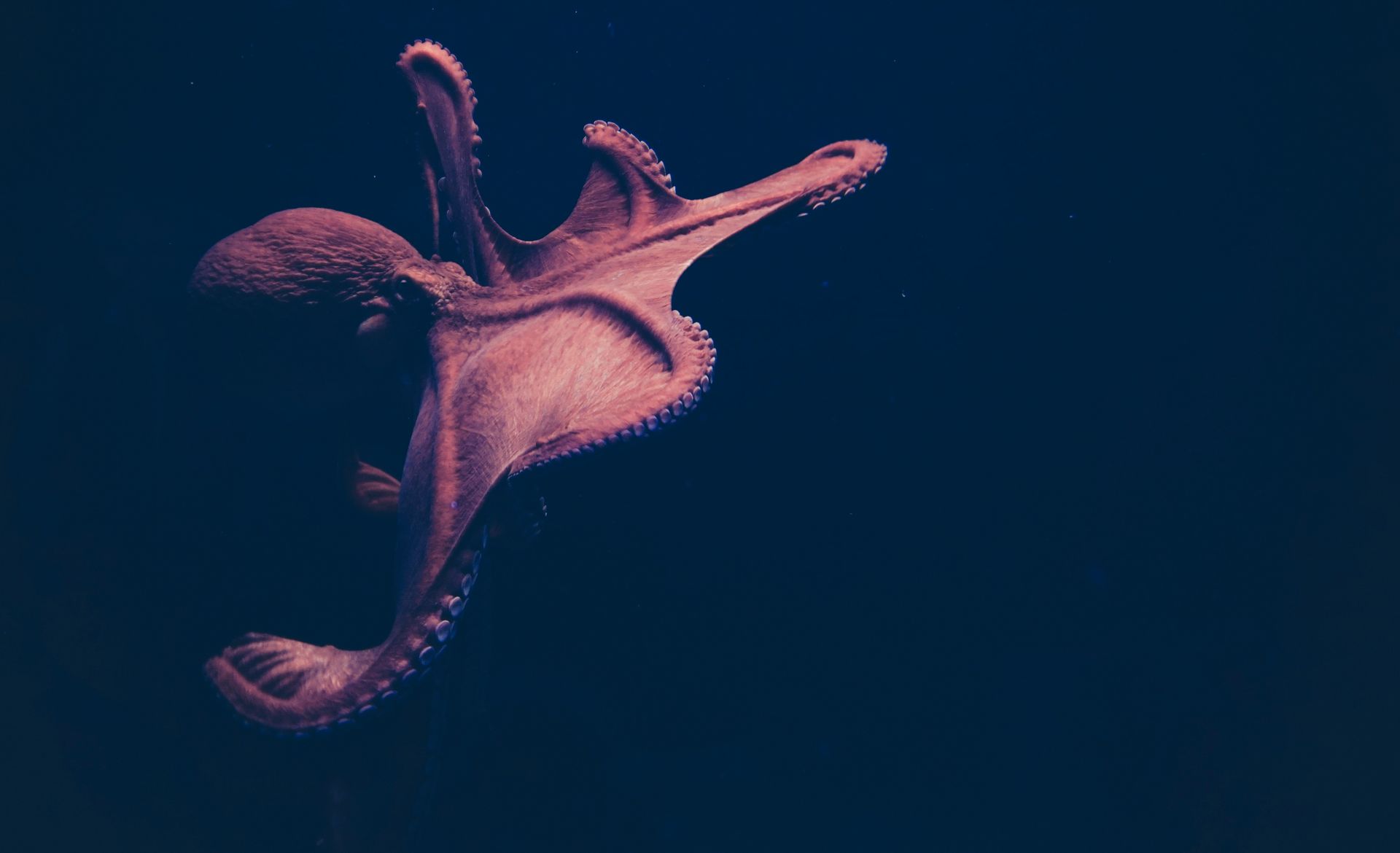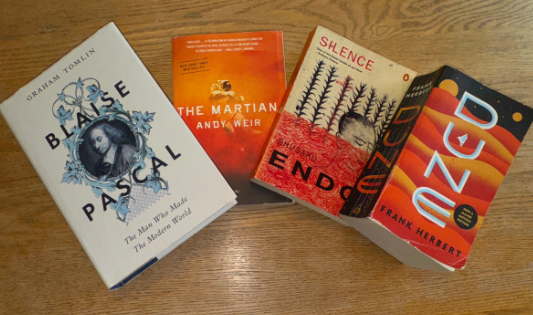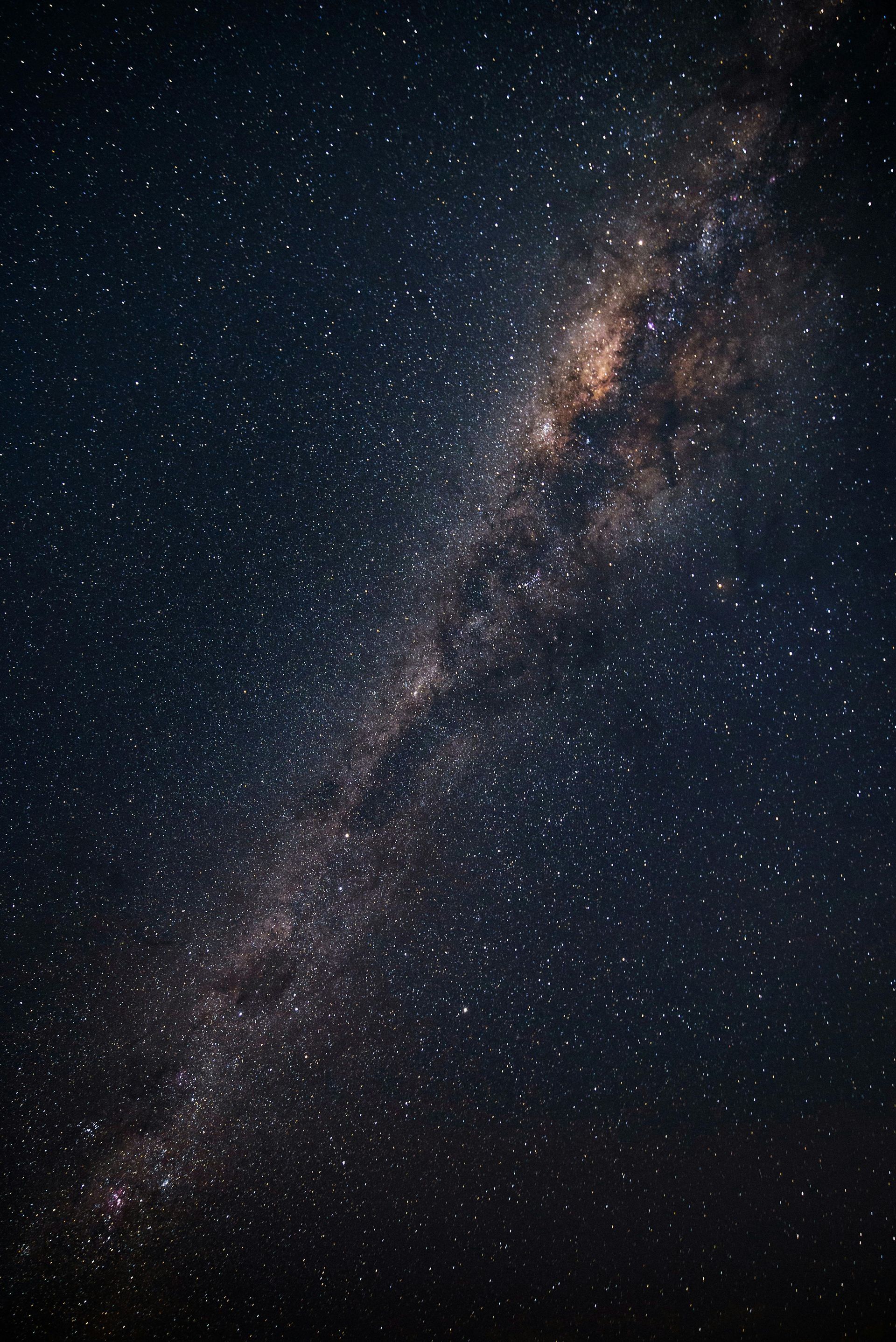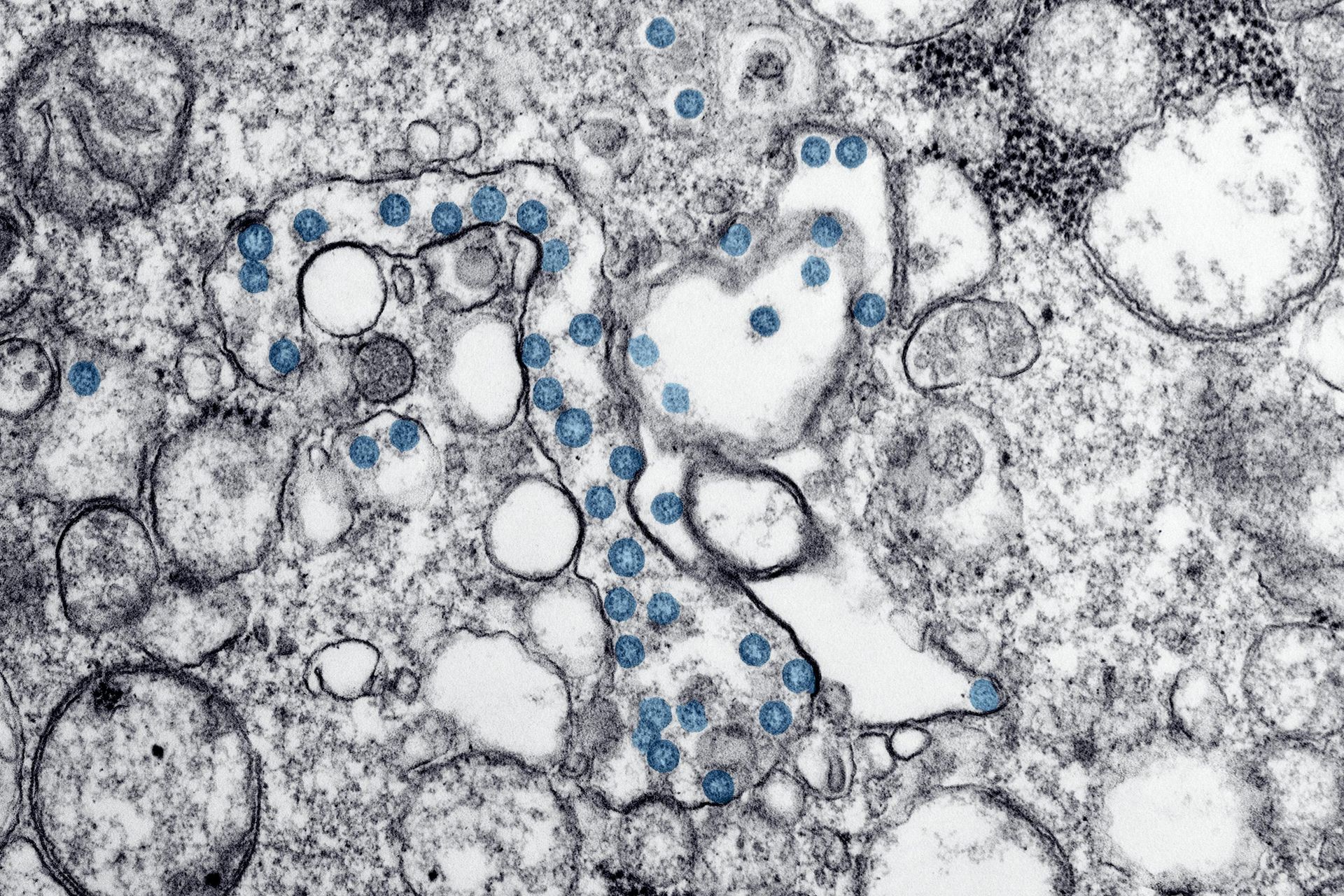Snow, snow, snow!
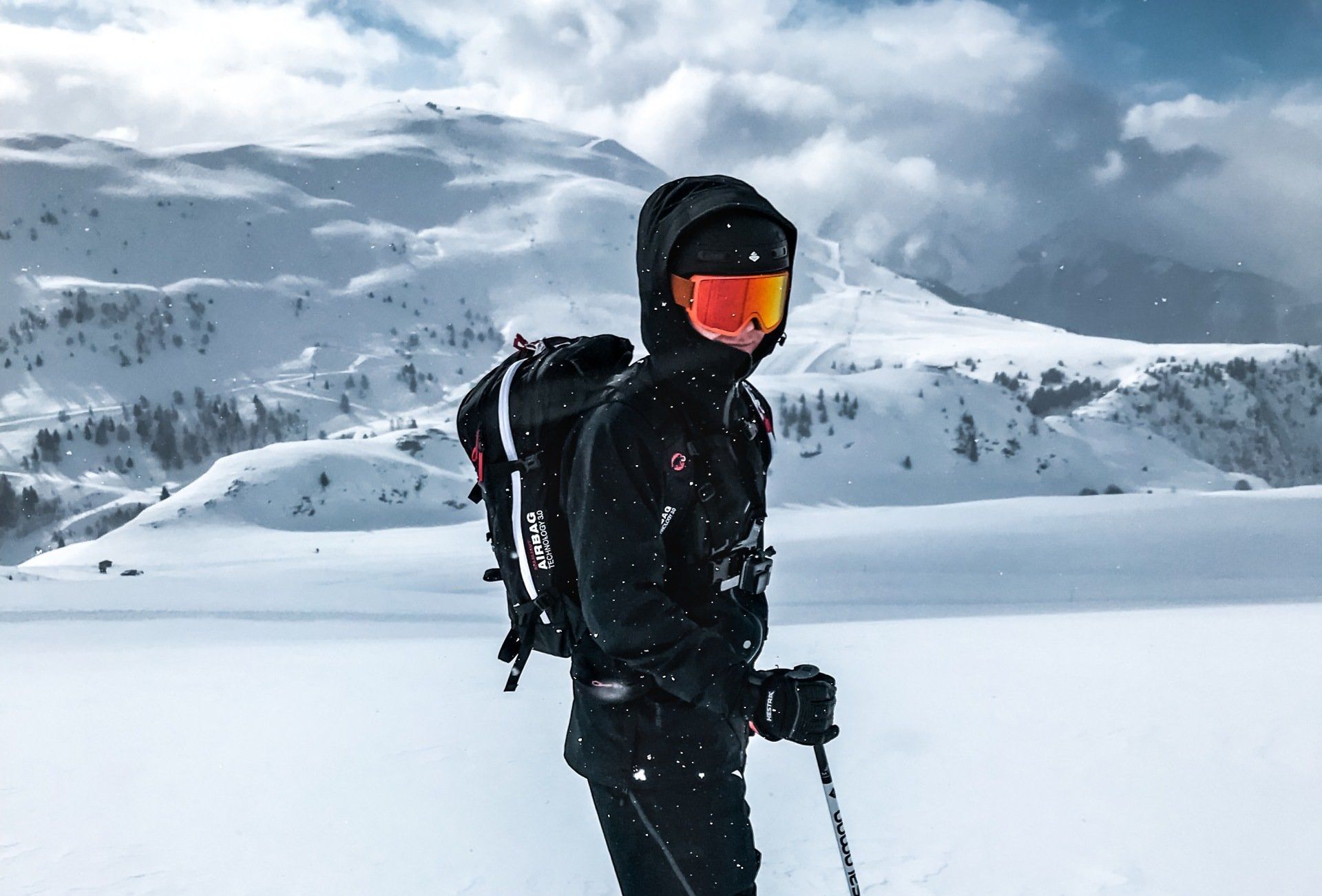
Blog vol 3. 34. Snow, snow, snow!
Growing up in Timmins, we had snow all winter long and then some. When I was a child, stories about the Inuit peoples of the far north building igloos, travelling by dog sled, and taking on polar bears fascinated me. These peoples of the lands of snow frequently (and wisely) wore snow-blindness goggles.
Can snow make you blind? How did the goggles work? Some clever and resourceful person, many moons ago, designed these shields because snow blindness is a real problem. Just imagine being out on ice flows hunting or travelling and suddenly you cannot see. This is life or death in the harsh climate of the north.
The blindness is caused by exposure to ultraviolet light. We have all heard of SPF (Sun Protection Factor) 30 or 50, which is the level of protection that you slather on when you go to the beach. The north, snow, and ice do not make us run for our SPF 30 lotion but should, especially for the exposed face.
The UV reflects off the ice and snow on a bright sunny day and can cause severe UV burn on the skin and the eyes.
The Inuit people took a caribou antler, whale baleen, or a piece of driftwood and carved two narrow slits horizontally where their eyes peeked out and then strapped sinew on the goggles and tied it around their heads. The tiny slits allowed enough light through to see, actually increasing the depth of focus while reducing the eyes’ exposure to UV. (Click here to learn more)
Skiing is another instance where the risk of UV burns is high with the combination of thinner air and the reflection off the snow caps. Prevention is key. A pair of quality ski goggles with UV filters (and a rose tint if you want to really impress through the moguls) with a head strap that fits over your helmet is a must.
Just like with sunburn, you do not feel the burns on your eyes right away but a little time after. These burns can be very painful and can limit your vision. The good news is that they are temporary. Use cold eye drops to lubricate and soothe the eye (keep your eye drops in the fridge, feels really good on a sore eye). If the symptoms worsen seek medical attention.
Now put your feet up, grab a hot cocoa, a great book, and watch the snow gently descend….or hit the hills, but go swooshing with UV-protecting goggles.
til next week,
the good doctor
